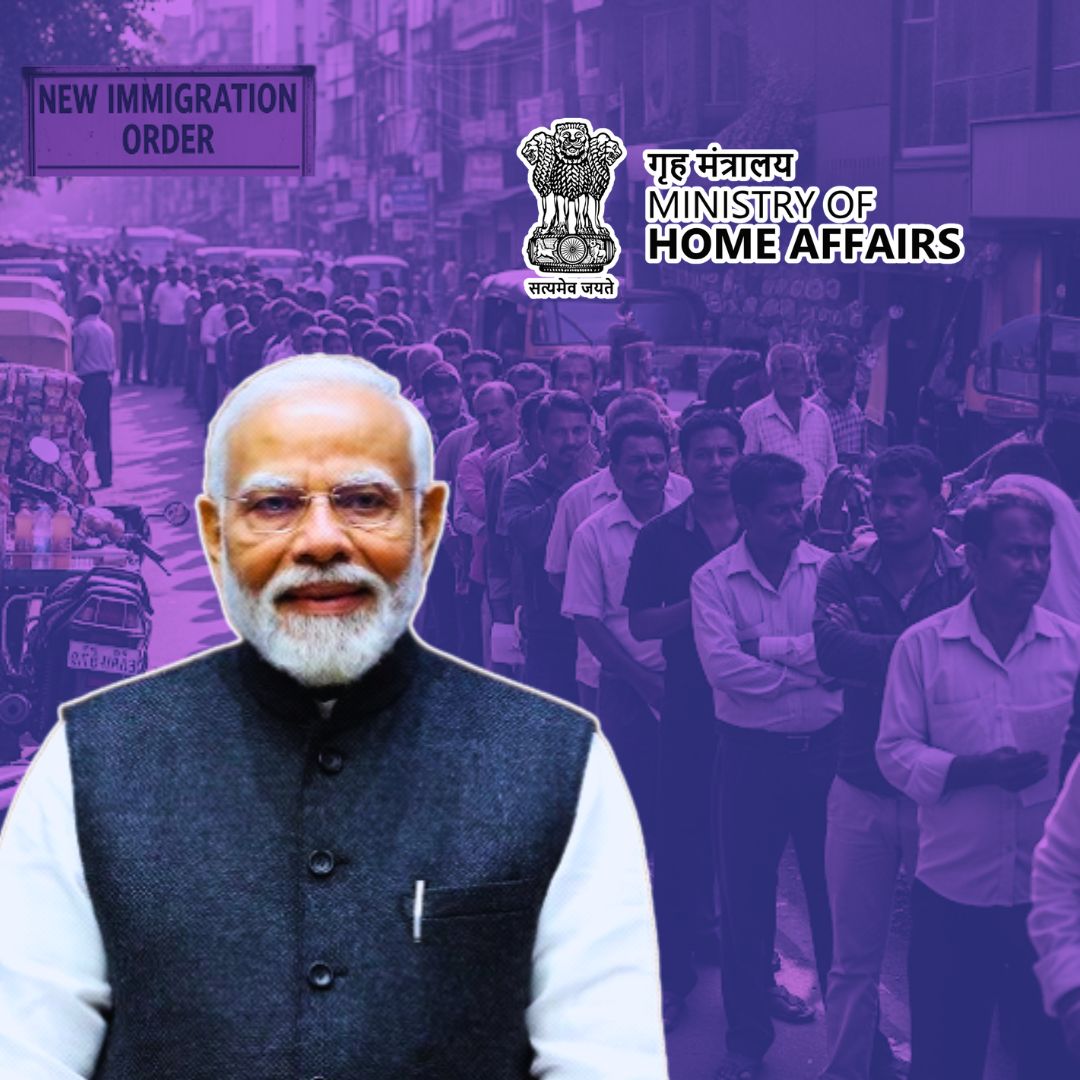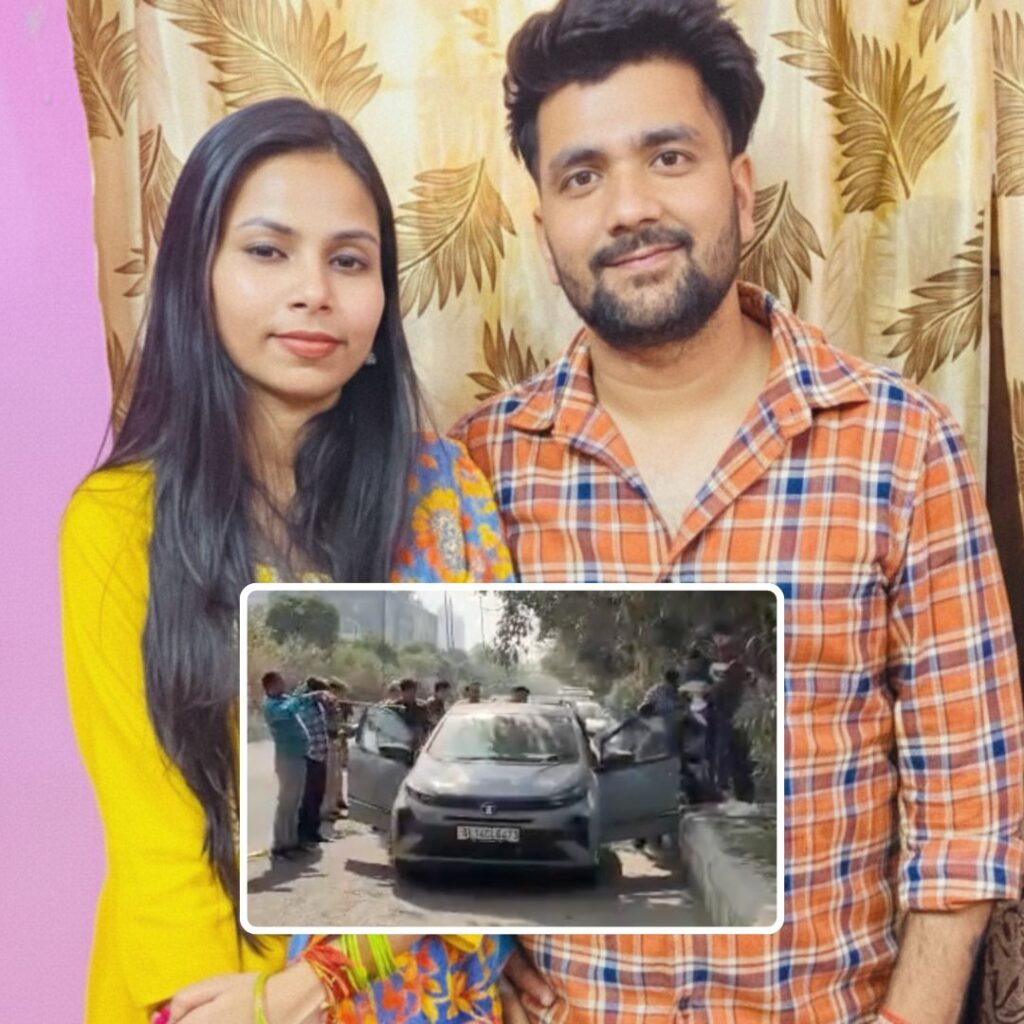The Union Home Ministry has issued a landmark order permitting members of minority communities from Afghanistan, Bangladesh, and Pakistan-namely Hindus, Sikhs, Buddhists, Jains, Parsis, and Christians, who entered India on or before December 31, 2024, to reside in the country without passports or other travel documents.
This provision under the newly enacted Immigration and Foreigners (Exemption) Order, 2025, offers crucial relief to thousands who fled religious persecution in their home countries and have faced uncertainty due to lack of documentation.
The move aims to uphold India’s humanitarian tradition of sheltering persecuted minorities and reflects the government’s view that these individuals should not be punished for their inability to secure formal papers in hostile environments. However, this relief is temporary and does not grant citizenship or permanent residency, leaving many hopeful but still in limbo.
Official Statements and Policy Context
Government officials have defended this policy as a continuation of India’s commitment to protecting persecuted minorities from neighbouring countries. A Home Ministry spokesperson stated, “This exemption ensures that those fleeing religious violence are offered safety and dignity without the bureaucratic hurdles of documentation that they could never acquire.”
This policy extends beyond the Citizenship Amendment Act (CAA), which provided protection only up to December 31, 2014, by including those who arrived up until the end of 2024. Union Home Minister Amit Shah emphasized India’s “spotless” history of granting refuge, citing cultural ethos like ‘Vasudhaiva Kutumbakam’ (the world is one family), and that the updated laws address gaps in earlier refugee and immigration acts while prioritising national security.
Challenges and Continued Hardships for Muslim Refugees
Despite relief extended to minority non-Muslim communities, Muslim refugees and minorities—including Rohingya refugees—face starkly different realities. Since May 2025, India has heightened enforcement against persons labelled “illegal immigrants,” leading to the detention, harassment, and expulsion of hundreds of Rohingya refugees and Indian Muslim citizens, mainly in BJP-ruled states.
Forced deportations to Bangladesh and Myanmar have occurred even for U.N.-registered Rohingya refugees, with reports of physical abuse, confiscation of documents, and unlawful treatment. Human rights organisations have condemned these violations, urging the Indian government to cease arbitrary detentions and acknowledge Rohingyas’ refugee status.
The Supreme Court has scheduled hearings for late September to decide on the rights and legal protections owed to Rohingya refugees. This situation starkly contrasts with the new exemption for religious minorities from Afghanistan, Bangladesh, and Pakistan, highlighting the urgent need for a comprehensive and humane refugee framework inclusive of all vulnerable groups regardless of religion.
The Logical Indian’s Perspective
The Logical Indian applauds the government’s decision to provide these minorities fleeing persecution a measure of safety without the burden of documentation, recognising the immense human cost of displacement. However, we stress that temporary shelter alone cannot fully uphold the dignity these refugees deserve.
A pathway to citizenship, access to essential rights, and social integration are vital for these communities to rebuild their lives with hope and security. Equally pressing is the plight of Muslim refugees, whose suffering underlines the urgent need for India to adopt refugee policies rooted in empathy, secularism, and human rights.











